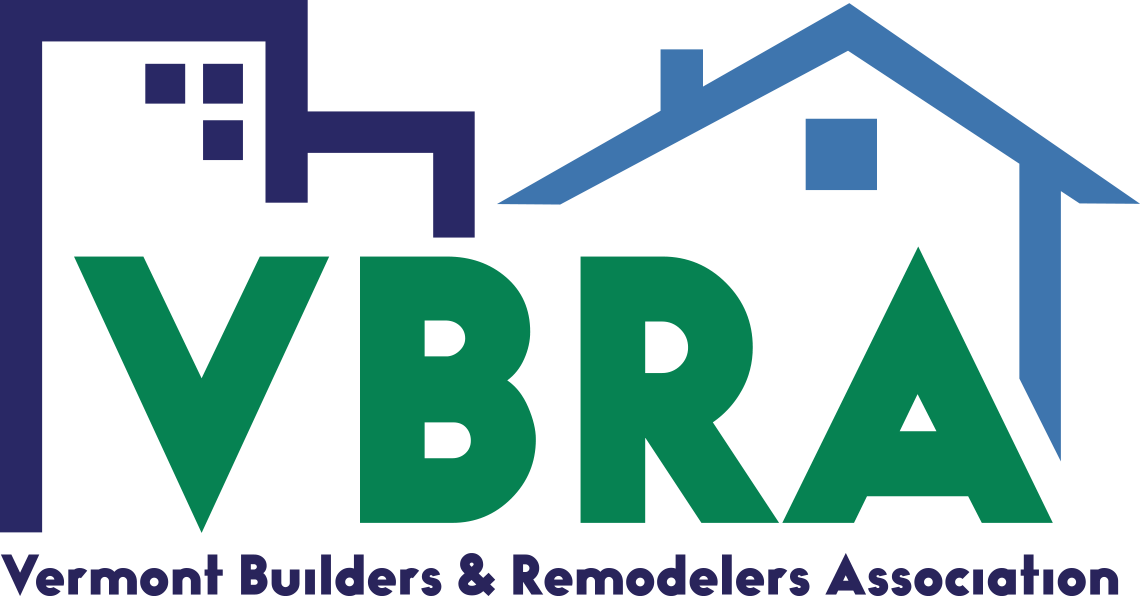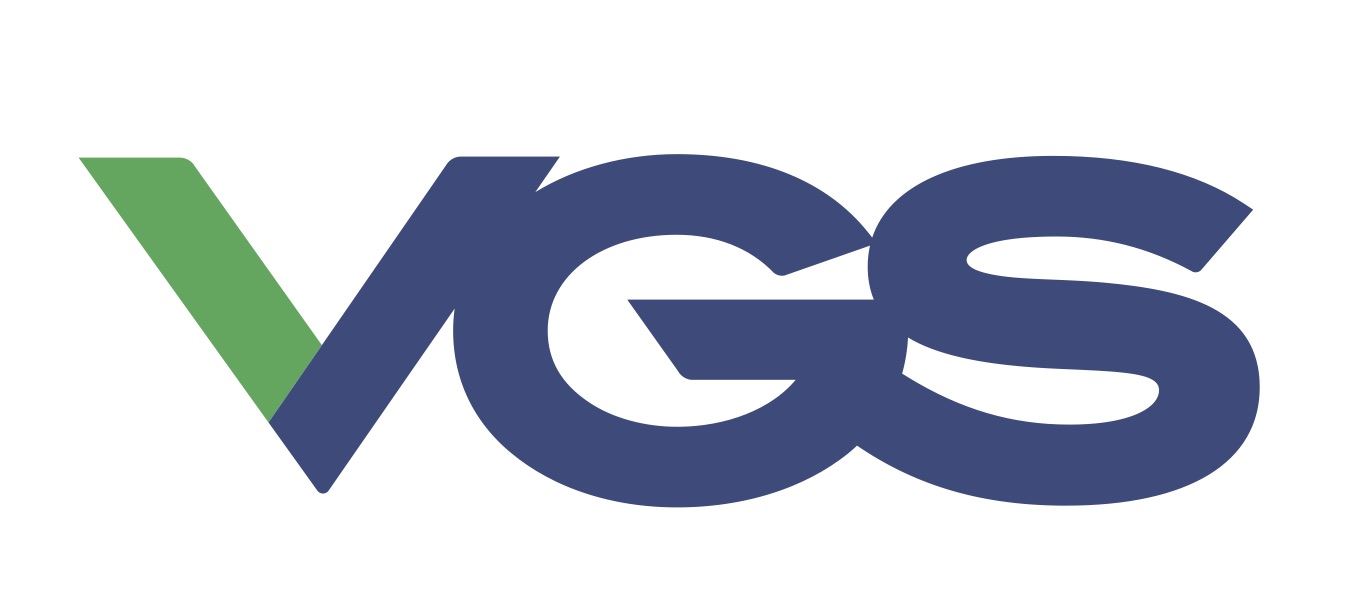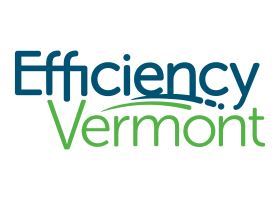- Home
- Committees
- Legislative Committee
- 2024 Legislative Priorities
LEGISLATIVE & GOVERNMENT AFFAIRS
VBRA 2024 Legislative Activity Update
GOVERNMENT LINKS COMMITTEES UPCOMING EVENTS
| Some key legislation VBRA is following:
Top issues important to our members:
|
DRM's Legislative Update May 18, 2024 The Legislature adjourned the 2023-2024 session in the early hours of Saturday, May 11. A veto override session has been scheduled for June 17-18. The Governor is expected to veto 6-8 bills, most notable the Yield bill that sets the education fund statewide property tax rate. Here is an update on the legislation VBRA was most engaged on, followed by a complete list of bills and their status. RBES Passed – S.253 – VBRA has spent the past two years working on Residential Building Energy Standards, first with a successful effort to convince the legislature to delay implementation of the latest RBES (based on 2021 IECC code), then with participation in a summer study committee intended to increase code compliance, and finally with legislation that sets the stage for future RBES updates and oversight. S.253creates a working group of stakeholders to continue the work on RBES compliance and updates, to begin discussions on adopting residential building code in the state, and other duties. Further, the bill gives the state flexibility and discretion in future updates to IECC code by changing statute from “shall” update to “may” update. Lastly, it updates information gathered at the time of contractor registry with OPR. Still at issue is the impending implementation of the 2024 VT RBES effective July 1. Originally scheduled to go into effect in 2023, VBRA was successful in securing a one-year delay of the new standards due to technical flaws and lack of administration for residential code. Those conditions still exist today. The default position from the Department of Public Service is that that code will go into effect July 1. VBRA continues to advocate for further delay of the code, albeit with few avenues left to secure a pause. Taxes The session began with news that statewide education property taxes would increase 20% without intervention. The legislature eventually settled on trying to disguise the immediate property tax pain by raising other taxes and other maneuvers to “buy down” the increase, passing a bill (H.887 Yield bill) which will make the average educational tax increase only about 14%, setting the rate at $1.39 per $100.00. The bill does not tackle the long-term problem of high education expenses and only sets up a study committee - which is unlikely to report back in time to make a difference in school budgeting for next year. Passed – H.887 funding sources to buy down the education property tax increase: · Cloud Tax – Removes a current sales tax exemption on pre-written software accessed remotely. Expected to raise $14.7 million. · Short Term Rental Tax – 3% surcharge on STR’s. Expected to raise $11.8 million. · One-time infusion of $25 million from anticipated state revenues. Governor Scott will almost certainly veto bill and the legislature will come back on June 17-18 for a veto override session. Passed. Other taxes: The Housing / Act 250 bill (below) contains an increase to the Property Tax Transfer paid by the buyer at closing. The increase will go from 1.45% to 3.62% and applies only on second homes. Also, the legislature increased certain fees collected by the Department of Financial Regulation on insurance appointments, renewals and registrations. Expected to raise $17 million. Not Passed - Wealth taxes: Early on the session was abuzz with the introduction of two taxes aimed at high wealth and high income households. One would have applied income tax to 50% of the unrealized gain or loss of a taxpayer’s assets over $10 million. The other would have established a new top tax bracket of 11.5% (currently 8.5%) on adjusted gross income over $500,000. Neither bill advanced, but the concepts are sure to surface again. Housing / Act 250 Passed – H.687 - An act relating to community resilience and biodiversity protection through land use. This was one of the biggest legislative efforts of the session. H.687is the product of the Senate’s focus on the housing crisis and the House’s focus on increased environmental protections. The result is a bill that will result in an overhaul of the Natural resources Board (appeals will not move to the new Board), relaxed Act 250 jurisdiction in cities and towns with appropriate infrastructure and planning, increased permit review in critical natural resource areas, and millions for housing programs. The bill allows for interim permit exemptions during the multi-year transition to a new Tier structure. The Governor has expressed consistent concern that the bill does little to help rural communities who wish to grow, but indications are that there’s enough “good” in the bill for Governor Scott to sign (or at least become law without his signature). Overview of H.687: · Establishes the Land Use Review Board (LURB) o 5 full-time professionals to replace the NRB. o Permit appeals will stay in the court system and a study committee has been created. · The Board will work with Regional Planning Commissions to establish a location-based Tier structure through extensive mapping of the entire state. · Eventually, permanent Act 250 exemptions will be established for cities and towns who go through a comprehensive application process: o Tier 1A cities and towns - All development exempt. o Tier 1B towns - Up to 49 units of housing on 10 acres or less exempt. · Tier 3 – Critical resource areas. Automatic Act 250 jurisdiction · Tier 2 – Everything that’s not Tier 1A, 1B, or 3 - The bulk of the state. No change in jurisdiction, except towns can apply for Tier 1B. · Creates new Criteria of Forest Block Definitions that must be addressed in permit application. o New Road-Rule. Any single road of 800ft, or combo of road over 2000ft will trigger jurisdiction. ----------------- · While the Board, Tiers and mapping are being set up there will be Interim Exemptions from Act 250 review. Until January 1, 2027: o No permits for housing within downtowns. o 75 or fewer units in new town centers, growth centers, and neighborhood development areas. Areas with permanent zoning and subdivision bylaws and sewer or water or appropriate soils. o 50 units within a quarter-mile along transit corridors or census-designated urbanized areas with 50,000 residents. [These are contingent on not being in floodplains or river corridors.] [Interim Exemptions will not require a jurisdictional opinion] o No permit amendment is required for the construction of improvements to convert a commercial structure to 29 or fewer housing units. ----------------- Taxes · H.687 Increases Property Transfer Tax on second homes (not camps) to 3.4%. Landlord’s can avoid this increase by obtaining a landlord’s certificate proving the property is meant to be residential. · Establishes 3-year property tax freeze for property in designated areas damaged by flooding. Bill of interest:
|
VBRA Live Legislative Tracker
Residential Building Energy Standards
S.253
H.792
H.793
Act 250
S.311
H.687
|
ASSOCIATION ANNUAL SPONSORS |
Silver Sponsors
Bronze Sponsors
Marketing Sponsor
|



/Join%20Us!.jpg)








